#Safety
Phantom Braking Leads to Mazda 3 Recall
A system designed to detect obstacles on the road ahead and automatically apply the brakes is acting up in current-generation Mazda 3 vehicles. Seems it’s seeing things that aren’t there.
On Friday, Mazda announced a recall of 35,390 Mazda 3 sedans and hatchbacks in the U.S., spanning the 2019 and 2020 model years.
GM Recalls More Than 900,000 Vehicles Worldwide Over Brake and Battery Issues
General Motors is recalling more than 900,000 vehicles across the globe to addresses issues from separate campaigns — one of which poses an always-exciting fire risk. On Thursday, the automaker announced a callback of more than 400,00 Chevrolet Silverado and GMC Sierra 1500 trucks from the 2019-2020 model years. The manufacturer is concerned that pickups’ battery positive cable rings may have been installed with excessive glue, creating a stalling risk, or in some instances a potential fire hazard.
Another 550,000 Chevrolet Silverado 1500, Cadillac CT6, and GMC Sierra 1500 models from 2019 will also need to be recalled. A potential software issue related to the vehicles’ service brake system notifications could cause it to go haywire, negatively impacting their electronic stability control (ESC) and anti-lock braking (ABS) functions.
NHTSA Upgrades Probe Into GM Windshield Wipers
Maintaining a clear view of the road ahead through a vehicle’s windshield is a fundamental part of road safety, and things can go downhill fast if a vehicle’s wipers crap out at an inopportune time.
Since 2016, the National Highway Traffic Safety Administration has paid growing attention to the wipers on two GM models: the Chevrolet Equinox and GMC Terrain, both of which were recalled that year following a number of reported windshield wiper transmission failures. The recall covered the 2013 model year.
NHTSA also began looking into Equinoxes and Terrains from different models years, receiving numerous (read: hundreds) of complaints during the course of its investigation. Now, that probe has entered a new phase, signalling that a new recall might be on the way.
NHTSA Investigates 12th Autopilot-related Crash
The National Highway Traffic Safety Administration (NHTSA) says it will investigate a 12th crash relating to Tesla Motors’ Autopilot system. The automaker has found itself under increased scrutiny as the public grows increasingly weary of technological gaps in today’s advanced driving aids. Truth be told, it’s probably shouldering more of the burden than it needs to. Whereas most driving aids manage to fly beneath the radar, Tesla’s marketing of Autopilot has always framed it as being on the cusp of true autonomy.
It’s always just one over-the-air-update away from genuine self-driving capabilities.
That’s why you don’t read reports about some poor dolt in a Toyota rear-ending someone and the government doing a deep dive on Safety Sense to figure out why. Nobody cares, and there aren’t countless examples of people taking their hands off the wheel of their Camry with confidence after being confused into thinking it could drive itself. But it happens in Tesla models with uncomfortable frequency, even among drivers who really should know better.
Another Gigantic Takata Airbag Recall Could Be Incoming
Automakers could be staring down the barrel of another brutally large airbag recall as the National Highway Traffic Safety Administration evaluates the long-term safety of inflators manufactured by the now-bankrupt Takata. Earlier this month, the parts supplier announced a recall affecting 1.4 million additional vehicles following the death of a BMW driver. Several new injuries also stemmed from the issue.
At the same time, the U.S. road safety regulator had to make a decision as to whether the roughly 100 million inflators containing a chemical drying agent intended to solve the problem are actually safe.
So far, it’s looking like a no.
Potentially Loose Loads Spark Ford Super Duty Recall
There’s a new Super Duty line coming to the Ford stable for 2020, and a recall coming to owners who bought the earlier version.
On Friday, Ford Motor Company issued a recall of certain 2017-2019 F-250, F-350, and F-450 pickups to fix tailgates that might fly open at inopportune moments. The callback has been a long time coming.
The Takata Recall Continues; Now Includes 1.4 Million Additional Vehicles
The largest automotive recall in history just got a little more inclusive. Takata is recalling another 1.4 million vehicles after the airbag-related death of a BMW driver. The German manufacturer has issued three recalls covering roughly 116,000 U.S. vehicles containing the faulty equipment, saying it is aware of at least one fatality in Australia, plus a few injuries.
By now, you’re probably familiar with the issue. Takata supplied tens of millions of defective air-bag inflators over several years. The units are prone to exploding in the event of a crash, spraying metal shrapnel inside the cabin, after its propellant becomes compromised by nothing more than moisture. This has led to many senseless deaths, the largest automotive recall in history, and Takata declaring bankruptcy two years ago before its purchase by China’s Ningbo Joyson Electronic Corp.
Australia Introduces Phone Detection Cameras for Roads
Australia put up the first phone-detecting cameras in New South Wales over the weekend. The move is part of a broader plan to reduce roadway fatalities by 30 percent by 2021 — especially as new technologies continue to exacerbate the issue of distracted driving. “It’s a system to change the culture,” NSW Police Assistant Commissioner Michael Corboy told Australian media las week.
There’s nothing incredibly new about the cameras themselves. But they’re networked to an artificial intelligence that determines whether or not someone behind the wheel is using their phone. Suspect images are then forwarded to authorized personnel to be verified as truly criminal.
Uber Loses License in London, Deemed Unsafe by Regulator
Transportation for London (TfL) announced it has informed Uber that it will not be reissued a license to operate in the UK capitol, citing concerns over customer safety. TfL had previously declined to renew the ride-hailing business’ private hire operator license, which expired on September 30th, saying it was unsatisfied with the number of drivers it found “fit and proper to hold a licence.” Then it changed its mind, offering a two-month extension.
Now it’s claiming that at least 14,000 Uber trips taken within the city included drivers linked, via their app profiles, to cars they were not legally registered to drive. Having done an impromptu survey of his own (done as unscientifically as possible by just asking drivers if they owned the vehicle), your author found the number of “rogue” Uber drivers in New York City to be about one in five.
While easily framed as a gotcha moment, that ratio isn’t really any different from what I’ve experienced with NYC’s sanctioned yellow (or green) cabs. But that doesn’t exactly make it a non-issue either — just more of the same.
Regulators, Mount Up: NTSB Presses NHTSA for Better Self-driving Safety
While the National Transportation Safety Board’s (NTSB) job isn’t to establish new regulations, it is obligated to enforce the country’s Federal Motor Vehicle Safety Standards while conducting crash investigations and making recommendations to other agencies on ways to improve vehicular safety.
Lately, that job involves telling the National Highway Traffic Safety Administration (NHTSA), an agency that does write those rules, to step up its game on autonomous vehicles.
Last week, the NTSB held a board meeting in Washington D.C. to determine the probable cause of a fatal collision between a self-driving Uber prototype and a pedestrian in March of 2018. While Uber took plenty of heat, the NHTSA also came under fire for prioritizing the advancement of advanced driving technologies over public safety.
Court Finds GM Not Liable for Punitive Damages In Ignition Cases
The 2nd U.S. Circuit Court of Appeals in Manhattan has decided to give General Motors a pass on the punitive damages associated with its faulty ignition switches. If you don’t recall the issue, it’s hardly your fault. The cars were manufactured prior to GM’s 2009 bankruptcy declaration and encompassed models from brands that no longer exist.
That timing was everything, too. Apparently the affected Saturn, Pontiac, and Chevrolet vehicles are part of the “Old GM” that died during the Great Recession. Most of the automaker’s former assets and liabilities were transferred to the “ Motors Liquidation Company,” so that the General could be reborn fresh and untainted, like a baby phoenix.
Toyota Thinks Connected Wiper Data Can Improve Weather Forecasts
Toyota and Japanese weather information provider Weathernews Inc. have been running tests aimed at improving the accuracy of rain forecasts by using driving data from connected cars — or, more specifically, their windshield wipers. Based on the assumption that wiper operations correspond with the presence of precipitation, matching the severity to speed settings, the pair feel they can leverage customer information to close info gaps created by low-altitude rain clouds that are difficult to track.
With an official announcement issued earlier this month, both companies are framing this as an effective way to bolster roadway safety and offer new services to its customers. But it also raises the usual round of privacy concerns re: connected vehicles, while potentially offering some interesting and useful features — like localized flood warnings and other traffic advisories.
NTSB: Autonomous Uber Vehicles Crashed 37 Times Before Fatal Accident
The National Transportation Safety Board (NTSB) has disclosed Uber’s autonomous test fleet was involved in 37 crashes over the 18-month period leading up to last year’s fatal accident in Tempe, AZ. Having collected more data than ever, the board plans to meet on November 19th to determine the probable cause and address ongoing safety concerns regarding self-driving vehicles.
Reuters reports that the NTSB plans to issue comprehensive safety recommendations to the industry, as well demand oversight from governmental regulators, in the near future.
Unfortunately, the circumstances surrounding the fatal incident in Arizona are as unique as they are complicated — ditto for most other crashes involving AVs. While Uber’s test mule failed to identify the pedestrian in time, leading to her death, she was also walking her bicycle on a particularly awkward stretch of road. “The system design did not include a consideration for jaywalking pedestrians,” the NTSB said.
Uber Establishes Oversight Board for Self-driving Development
Uber has formed an independent board tasked with overseeing its autonomous vehicle program. As outsiders, they’ll have no official authority within the company. But the six-member group will have direct access to executive years, and will be using them to advise the business on how best to test and deploy new technologies.
Dubbed the Self-Driving Safety and Responsibility Board, the group was formed after one of Uber’s test vehicles struck and killed a pedestrian in March 2018. An external review commissioned by the company following the incident recommended the board’s formation, with support from the NHTSA.
More Evidence Pedestrian Detection Systems Have Some Problems
It hasn’t even been a full month since the American Automobile Association (AAA) released a study showcasing the shortcomings of advanced driving aids and another damning report has come in — this time from the Insurance Institute for Highway Safety (IIHS). While not nearly as bleak as the AAA study, the IIHS research put several models on blast for having lackluster equipment.
The gist appears to be that the quality of pedestrian detection systems varies wildly between models, with the IIHS picking a few winners and losers. That’s important information to have, especially considering automatic braking systems will be standard equipment on all cars by 2022.




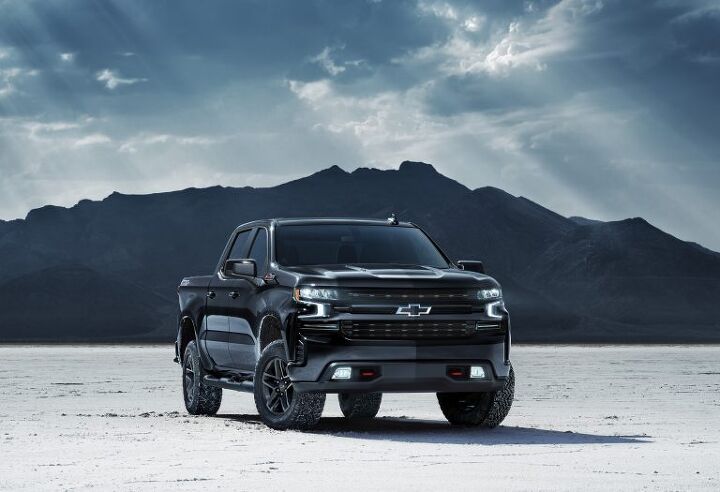
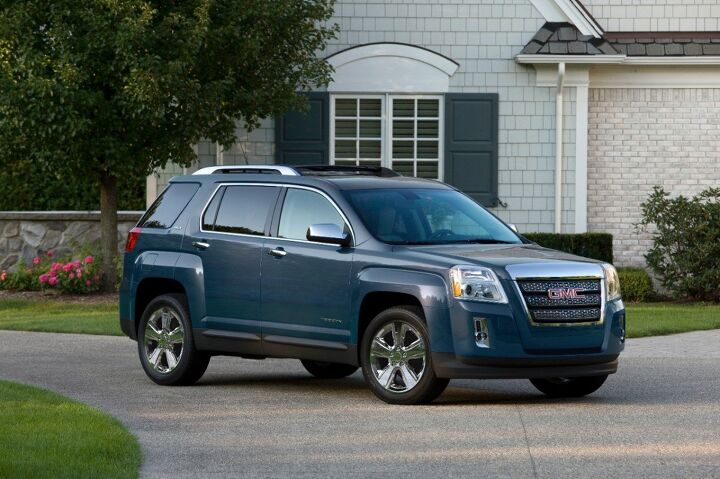

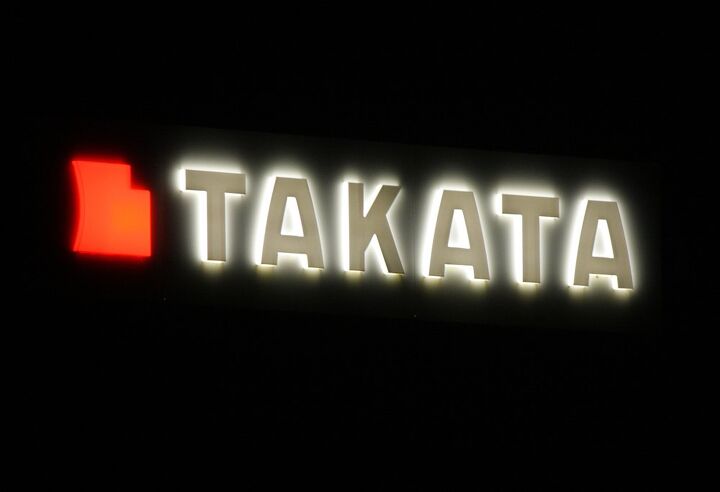


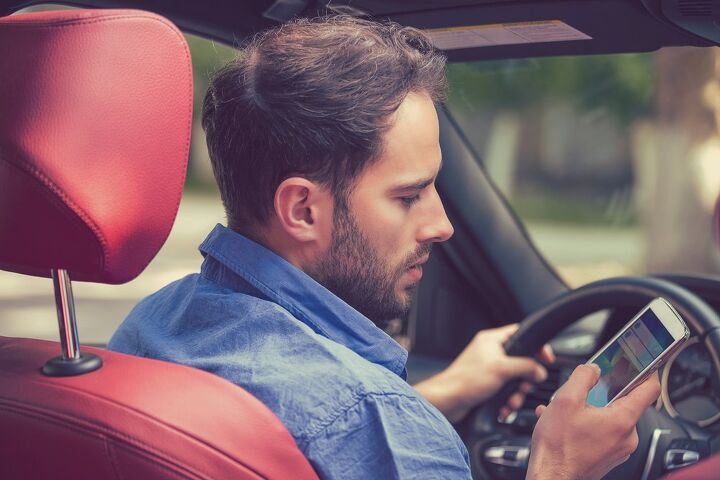






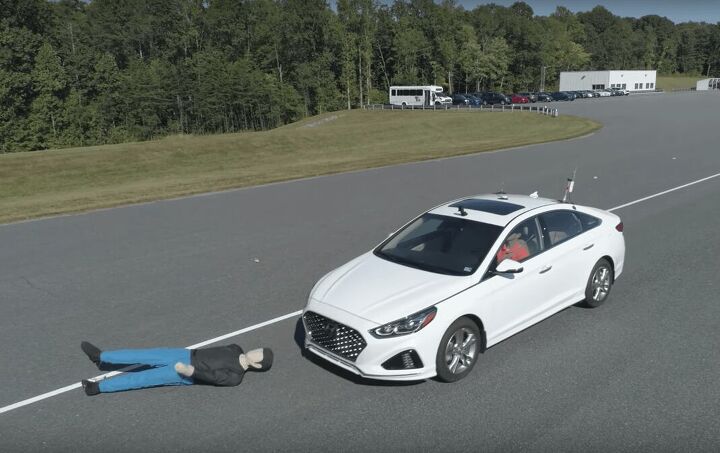












Recent Comments